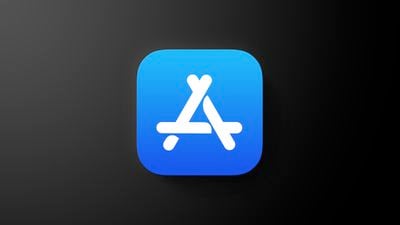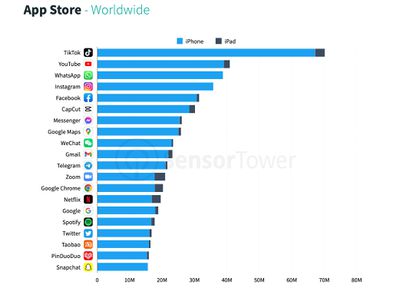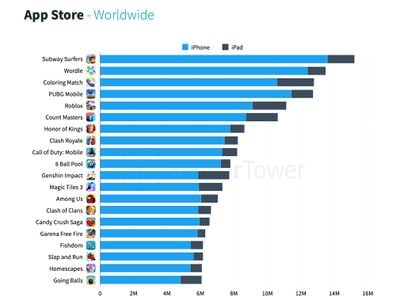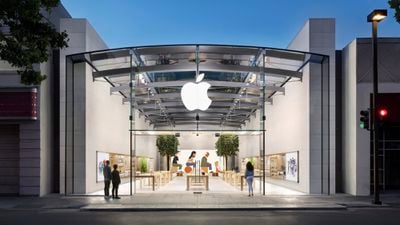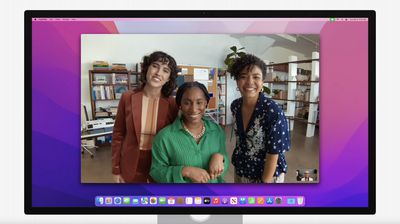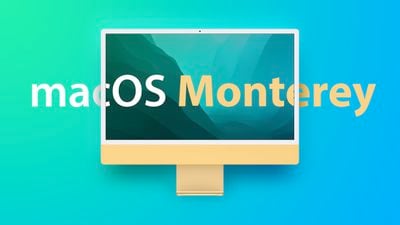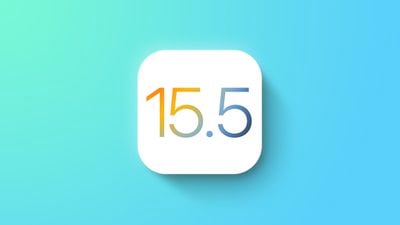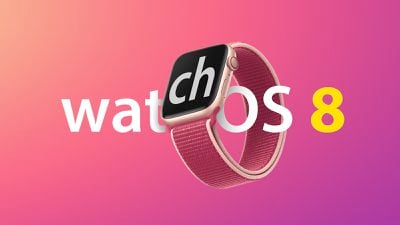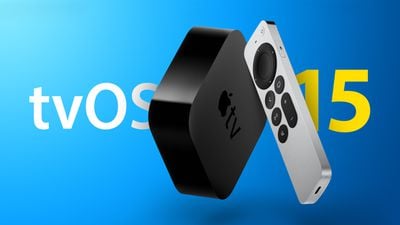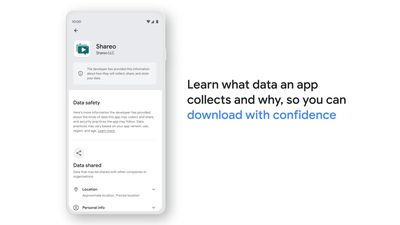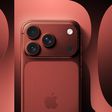Apple is researching a one-way mirror finish, wireless charging systems, and charging stands for headset devices, according to newly granted patent applications.

In a patent filed with the U.S. Patent and Trademark Office simply called "Display system," first spotted by Patently Apple, Apple outlines how a head-mounted display device may be wirelessly charged via inductive coils placed inside the headband.
Apple explains how a headset's adjustable headband may contain a number of spaced-apart receiving coils connected to the device's power storage or battery. The headband continues to function as expected, with adjustable left and right sides to comfortably support the display unit on the front of a user's face. Apple also describes separate charging modes to allow wireless charging via this method even when the user is wearing the headset.
The patent describes a "power supply device" to accompany the headset, including a base that is connected to a transmission coil. In some embodiments, the power supply device is a charging stand to hang the headset on via its headband, while in others it is a flat charging base to simply place the headset on top of.
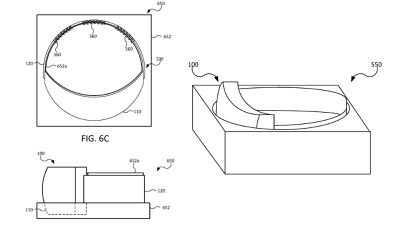
Apple says that the "head-mounted display and the power supply device are cooperatively configured to align the transmission coil" to charge, as to prevent users from needing to carefully align the charging coils manually. This could simply relate to the layout of the charging system, as is the case with the stand configuration, but it could also potentially even extend to a MagSafe-like alignment system.
In another patent filing granted earlier this week titled "Electronic device with infrared transparent one-way mirror," Apple describes how a head-mounted display device may feature a mirror-effect finish like some sunglasses or ski goggles. The one-way mirror allows optical components in the interior region, such as cameras and infrared sensors, to function correctly but be hidden from view by the reflective finish of the headset's exterior.
Apple's rumored mixed-reality headset is often the focus of the company's patent filings, with previous patents including a finger-mounted control device, adjustable lenses, eye-tracking, and even software. While patent applications cannot be taken as concrete evidence of the exact hardware Apple is planning to sell, it is difficult to look past the way in which the company's large number of patent filings may fit into the bigger picture surrounding its rumored headset project.
Late last year, Morgan Stanley analysts noted that Apple's portfolio of patents related to mixed-reality headsets are now mirroring the scale of the company's portfolio of patents related to smartwatches directly before the launch of the Apple Watch, indicating that the device could be "approaching liftoff."


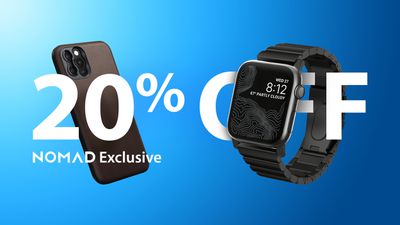 Note: MacRumors is an affiliate partner with some of these vendors. When you click a link and make a purchase, we may receive a small payment, which helps us keep the site running.
Note: MacRumors is an affiliate partner with some of these vendors. When you click a link and make a purchase, we may receive a small payment, which helps us keep the site running.

